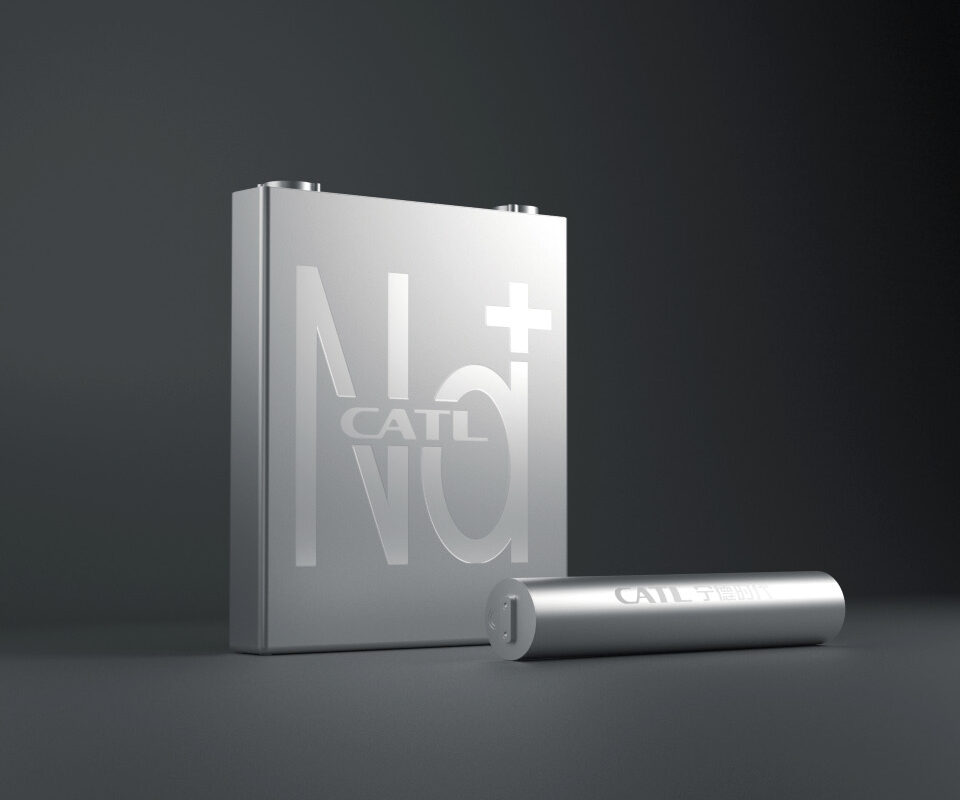The European Parliament has green lit four out of the eight proposals comprising its Clean Energy Package 2020-2030, also known as the Winter Package.
According to the European Commission the newly approved files, which include the recast Renewable Energy Directive, bring regulatory certainty and enable conditions for essential investments to take place in the renewable energy sector.
“Our ambitious commitment to clean energy in Europe and the Paris Agreement will be made a reality by laws like the ones voted today. I now call on Member States to show similar ambition and leadership when submitting their draft National Energy and Climate Plans that are due by the end of this year,” said Commissioner for Climate Action and Energy Miguel Arias Cañete. “The Energy Union is coming of age, going from strength to strength,” added Vice-President responsible for the Energy Union Maroš Šefčovič.
European PV association SolarPower Europe has welcomed the approval of the four proposals claiming, in particular, that the recast Renewable Energy Directive will ensure a strong framework for self-consumption and prosumers. “The 32% renewable energy target will significantly boost solar deployment and add thousands of new local solar jobs in Europe,” said policy director, Aurelie Beauvais.
The future of these provisions, however, will depend on how member states – which now have time until the end of 2020 to apply the Renewable Energy Directive to their respective national laws – decide to support solar and renewables for the energy transition.
“Now we need to ensure that the upcoming electricity market design is fit for solar, by enabling small-scale solar, active consumers and securing appropriate rules for storage, demand response and aggregation to provide new services,” Beauvais continued.
The entire Clean Energy Package is expected to be approved and promulgated by the end of this year. In the past, the draft package was met with mixed reactions from the energy industry, and has been criticized by several players in the European renewable energy sector, including SolarPower Europe, as not being ambitious enough.
The package, however, recognizes the role of prosumers for the first time, and envisages a future in which self-consumption and storage are mainstream solutions, while small power producers and energy communities become an active part of the energy system.
This content is protected by copyright and may not be reused. If you want to cooperate with us and would like to reuse some of our content, please contact: editors@pv-magazine.com.



As the target is for electricity, heat and transport Germany alone has to install 20 GWp/a from now on until 2030 to reach the target (plus Wind massivly).
Ok, let`s go!
Too little too late. Politicians still do not take the threat of climate change seriously.